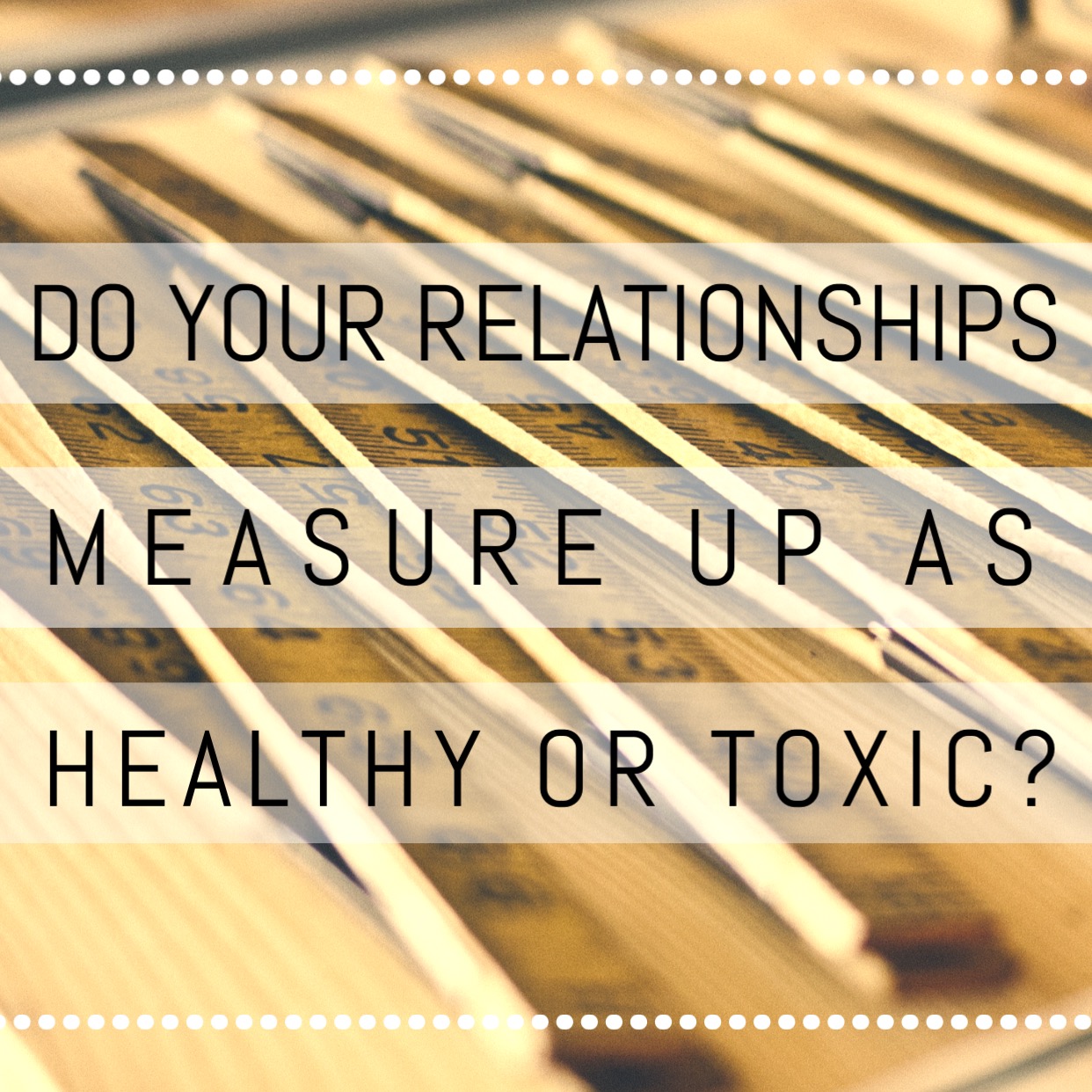Forgiveness
by Darrell Provinse, MA, LPC, NCC
In discussing forgiveness, Christians often speak of it glibly as if it’s a simple and easy decision, like turning on a light switch. Others struggle and say that they are unable to forgive. I think it’s important, in the discussion of forgiveness, to first define what forgiveness is and what it is not. As we look for example in passages about forgiveness, Matthew 18 being one, a few things stand out. First, we see in Matthew 18, that there is a natural division in the discussion. The first part of Matthew 18 refers to reconciliation, which is bilateral; meaning that it refers to two people. The Scripture says that if a brother offends you, go to him and make clear how you’ve been wronged. Show him his fault just between the two of you. If he listens, you’ve won your brother over. If not, Jesus outlines the steps to take in order to effect that reconciliation that requires a response from the other person.
The next section, where Peter discusses forgiveness, seems very different in its tone and intent. This refers to the unilateral and volitional decision that does not require the other person to recognize or even change their behavior in order for them to be forgiven. When we study this passage, as well as the story of Joseph in the book of Genesis, we see that Joseph decides that he is going to test his brothers. The test is in order to see if their hearts still remain as wicked and as hard as when they had sold him into slavery. He therefore positions his younger brother Benjamin so that he could, if they chose, take the fall and give them a way of disposing of the youngest son of Jacob’s favored wife. The lesson I believe we could learn from that is that forgiveness doesn’t mean that you have to allow the same thing to happen again. That doesn’t mean that we can guarantee that it won’t happen again; and, we are told in Scripture again in Matthew 18 that we are to continue to choose to forgive. It doesn’t, however, mean that we have to allow that to happen or condone that in any way.
Next, we see that when Joseph reveals himself he says, “It is I, Joseph, whom you sold into slavery.” What we can learn from that is forgiveness does not mean that we pretend that the bad thing did not happen. When they ask later, “Are you going to seek to punish us?” his response is, “Am I God?” He says, “What you intended for evil, God meant for good.” What we learn from that is that we can trust that God will sovereignly, as we are promised in Romans 8, make “all things work together for good to them that know and love him and are called according to his purpose.” But it doesn’t make the action or intent any less evil. So, another principle is that forgiveness does not mean that we say that what happened was okay. Forgiveness is not letting someone off the hook. What we learn from the story of Joseph and in Romans 12 and elsewhere is that it’s not our job to keep the person on the hook. In offering our forgiveness, we are neither keeping them on the hook nor taking them off; but, as it says in Romans 12, we are making way for God’s vengeance if he so chooses.
What we also learn is that forgiveness itself is a process rather than an event. We all know practically that it can take a long time for us to work through the many emotions and hurts associated with being wronged or feeling betrayed. The decision to forgive, however, is an event. Forgiveness does not mean that we aren’t still hurt or occasionally even angered by what has happened and it certainly doesn’t mean that we are not affected by it. Forgiveness is merely the mental resolve to not hold on to bitterness, pain, anger or the desire to see that individual punished for what they’ve done. What we are told in the Sermon on the Mount, the Lord’s Prayer, and in Matthew 18 is that God directly correlates our willingness to not hold onto our desire for retribution with our ability to receive freely and without mitigation God’s grace toward us, and his forgiveness of our many wrongs.
Forgiveness also doesn’t mean that we have to rationalize or justify what happened. Many times in an effort to forgive, people try to understand why the other person did what they did. There certainly can be value in seeing something from another person’s perspective. Often it does make them seem more human or make their choices more understandable. Forgiveness, however, is not predicated on that, because the very premise of forgiveness is the acknowledgement that what was done was wrong. Therefore, although there is value in seeing things through another person’s eyes, the first order of business is to have that transaction between ourselves and God that resolves not to hold onto the bitterness, and seeks his healing of our wounded heart and spirit. Then and only then, having declared what was done to be wrong, and having resolved not to hold onto the resulting feelings or the desire for punishment, we can begin to pursue understanding of the other person’s perspective, whether or not we would ever agree with their choices or behaviors. Ultimately, when we choose to forgive, we are doing it not primarily for the other person, but we are doing it for ourselves so that we are no longer encumbered by the pain and the burden that we carry around of the wrong that was done to us and so that we can have an unobscured relationship with God. When we choose to forgive, we choose freedom, and we allow He who is holy and just to take up our cause on our behalf.
Matthew 6:12, Matthew 6:14-15, Romans 12:19, Genesis 42-50, Ephesians 4:32




